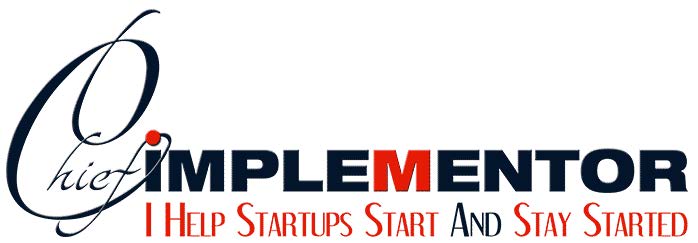What's So Great About a Certified Financial Planner?
Alphabet Soup
These days it seems that everyone in the financial services industry has some letters displayed after their name, indicating that they hold some sort of professional designation. There’s CPA, CFP, CLU, ChFC, PFS, CMFC just to name a few. Like alphabet soup, there are lots of letters and they don’t really seem to spell anything. Many people don’t understand what these designations mean – such as “Senior Specialist” or “Retirement Advisor” – or what is required to obtain and keep the various designations.
Today there are over 90 designations, degrees, titles, certifications, and accreditations available in the financial services industry. For this reason, investors need to be very careful not to assume that just because a person has some letters after their name, that they are an expert in handling your financial needs. Some designations represent legitimate expertise, while others are merely marketing tools. For more information on the meaning of various designations, visit ‘s FINRA’s website and click on the “Investor Information” tab, and do a search for “understanding professional designations”. You will be able to type in the letters of the designation you would like to find out more about the issuing organization, prerequisites and education requirements, continuing education requirements, and exams that must be passed.
Here are a few good designations to look for:
CFP or Certified Financial Planner
The CFP is the most comprehensive financial planning designation that a professional can earn. It requires that a candidate complete a series of courses approved by the Certified Financial Planner Board of Standards. Each course requires the passing of a final exam, and then a comprehensive final exam must be passed at the end. A CFP has studied all areas of financial planning including: retirement planning, estate planning, investments, insurance, & taxes. Candidates must also have 3 years of personal financial planning experience and a Bachelors degree, or have 5 years of personal financial planning experience.
Another big benefit of working with a CFP is that they are required to act as a fiduciary for their clients. This means that they must do what is in the best interest of their client no matter what. This reduces the risk of an advisor selling something to a client that may not be in the clients’ best interest, all because the advisor was thinking about how they would be compensated. CFP are required to complete 30 hours of continuing education training every two years. This helps keeps them on the cutting edge of changes in the industry.
ChFC or Chartered Financial Consultant
The ChFC designation is issued by The American College, an accredited university specializing in financial education. A candidate must have at least 3 years of full-time financial services business experience in the 5 years preceding the awarding of the designation. They must complete 6 core and 2 elective courses that cover most of the same information that a CFP will study. Each course has a final exam, but there is no comprehensive final exam required. 30 hours of continuing education training every 2 years are required, which also helps to keep an advisor in the forefront of the financial services industry.
Be Wary
Watch out for designations that take a few days of classroom study, or a few hours of self-study, plus a fee to earn. These types of titles are generally just marketing tools to trick people into thinking they are working with an expert (and a way for the issuing organization to make some money). Do a little homework and don’t be afraid to ask a few questions, you’ll be very glad you did.
Mark Kenison is a Certified Financial Planner and a Chartered Life Underwriter. He has been helping people all over the United States plan for and successfully retire for over 14 years. You can learn more this and other personal financial planning topics by visiting his site http://www.Great-Financial-Planning.com Mark’s practice is based Charlotte, NC and he has clients all over the United States. You can also contact Mark by calling toll free 1-866-983-4222.
